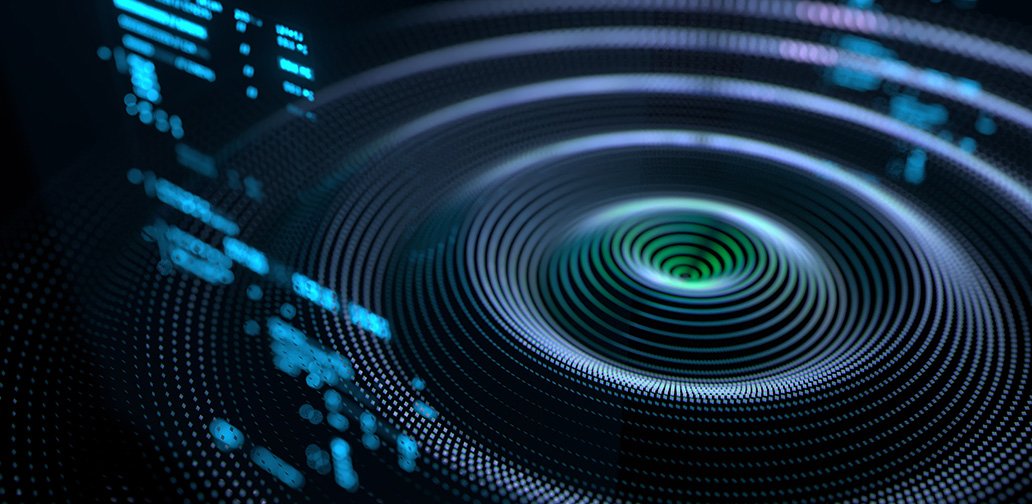A landmark study by Australian researchers into jet lag and its impact on NBA performance reveals the Boston Celtics may have a distinct disadvantage in the NBA Finals home games because of jet lag.
Senior author Dr Elise Facer-Childs, and her team from the Monash University Turner Institute for Brain and Mental Health in Melbourne, studied the impact of travel-related jet lag on performance. The study has been published in the journal Frontiers in Physiology.
The authors argue the effects of jet lag are significant and suggest that the NBA – and other sporting codes – should factor this in when scheduling games where teams have to travel long distances over a number of time zones.
“NBA teams are often exposed to jet lag due to frequent travel across multiple time zones, with some teams being disproportionately affected based on their geographical location,” the authors state in the study.
“Travelling eastward could be of particular concern to teams located on the east coast who have to travel back to play home games and do not have adequate recovery times.”
“Schedulers could mitigate these effects by compensating eastward travel with increased recovery time to allow athletes to resynchronise to the new time zone.”
The researchers looked at data from 10 seasons of 11,481 games of NBA from the 2011-2012 to 2020-2021 season. They found that among home teams travelling eastward to home base, and not westward travel, that led to jet lag impacting performance and winning. In detail, those teams that travelled eastward and experienced jet lag had a:
- Reduced chance of winning by 6.03 per cent
- Achieving on average 1.29 less points
- A reduced rebound potential of 1.29
- An effective goal percentage down by 1.2 per cent
As the magnitude of jet lag increased – ie from Los Angeles to Washington DC ie two hours time difference – the home team’s points differential dropped by 4.53 points. An hour’s time difference had a points differential drop of 0.72 points.
The research data showed that when eastward travel was followed by an adequate recovery window, home teams performed similarly to when they did not travel at all.
“Allowing time for the circadian system to realign naturally to the destination’s light-dark cycle could, therefore, mitigate the observed eastward travel disadvantage,” said Dr Elise Facer-Childs.
However, if schedules can’t be altered to ensure a level playing field between teams that may have jet lag compared to those who do not, then the research paper recommends that team doctors and sleep specialists implement evidence-based interventions to manage eastward jet lag including specifically timed light exposure and avoidance and/or melatonin supplementation via tablets.
The NBA has been aware of the impact of travel fatigue on performance in the NBA Finals since the 1980s when the league was dominated by two teams located on opposite sides of the country: the west coast Los Angeles Lakers and the east coast Boston Celtics.
In 1985, the NBA changed the Finals schedule to a 2-3-2 format (Games 1, 2, 6, and 7 were played in the higher seed’s arena while games 3, 4, and 5 were played in the lower seed’s arena) to minimise cross-country commercial travel.
However, in 2014, the NBA changed the Finals back to a 2-2-1-1-1 format, as all NBA teams now travelled privately, reducing the impact of travel fatigue.
“However, while private jets can make cross-country flights less cumbersome for players, they do not protect against circadian disruption caused by crossing multiple time zones (i.e., jet lag), especially when teams are not given sufficient time to adapt to the new destination’s 24-hour environment (approximately 1 hour per day),” said Dr Facer-Childs.
According to first author, Joshua Leota, the research has implications for the NBA Finals currently underway in the US between the Golden State Warriors and the Boston Celtics.
“Our data show that home (but not away) teams playing with eastward jet lag are particularly disadvantaged and, according to the 2022 NBA Finals schedule, the Boston Celtics will be playing home games 3 and 6 with eastward jet lag. In this particular case, and according to our data, the Boston Celtics might benefit from chronobiology-informed strategies designed to mitigate eastward jet lag symptomatology and maximise competitive success,” he said.
Dr Facer-Childs and her team said the study has implications for all elite sporting teams that must travel across time zones to attend games, “including the AFL which may need to travel from Melbourne to Perth and back again within a few days in finals season.”




